Dino Balocchi hails from Ottawa (Illinois) and first stepped behind a bar in Iowa City. The longtime musician started taking cocktails and spirits seriously at Longman & Eagle in Chicago, and relocated to Los Angeles in 2012, where he signed on to helm the bar program at Littlefork in Hollywood. On April 12, we met at Littlefork, and Balocchi better explained his background and shared some spirited insights.
What brought you out to L.A.?
Music, but I also ran across this opportunity to open a restaurant. I used to work at a place called Longman & Eagle, a Michelin-starred destination, gastropubby, and also an inn above it. I helped open that place and worked there for the last two and a half years before I moved out here. Through that, I met Brian Butler, who’s the beverage director for Reiss Co., which is the company that owns Littlefork, Sunny Spot, A-Frame, The Brig and The Alibi Room. We met through there and stayed in touch, and if were not for this opportunity, I was already planning to move out here anyway.
You’re a musician?
Yeah.
What instrument?
Guitar is probably my first instrument. I played in bands for a long time, and it was really fun. It’s still my passion to play music, but I’ve transitioned more into doing some producing, producing electronic music, but also recording stuff on my own, and not as much as the performing aspect of it. I wanted to come out here. Eventually I would love doing music for films.
Do you feel like being a musician helps you at all behind the bar? Are there any common threads?
Absolutely. In terms of the creative aspect of it, it’s very similar. Creating drinks and creating music and going through the process of deciding what flavor profile is going to work for this establishment, or what kind of people are going to be coming in here, and how to creatively create your own vision but also acquiesce to the guest experience you’re going to have, is pretty similar to trying to figure out what songs in a set that you’re going to play, that are going to work the best, or when writing a song, trying to create a vision that has some commonality.
What was the most recent track you created for the menu here?
I don’t know. I guess when I started this menu, I wanted to do something that was unique in and of itself and brought character of my own to it. It was my first program that I really put together all by myself. I had some help from Brian Butler, but mainly, this is my first foray into creating a full menu, curating the spirits and everything. Besides putting a little bit of myself into it, I also wanted to have it fit into the vision of the restaurant, in terms of the creative spirit of it, and having a little bit of diversity. The only thing that’s not represented is vodka, on the menu.
Why is that?
I guess I’m just not drawn to it. As a spirit, it’s not my first choice, and it’s not really my second choice either. I just found that I’m creatively inspired by other spirits besides vodka. Plus, it’s a spirit that’s deliberately stripped of its character in many cases in order to create this clean, super tasteless thing, and I don’t know if that’s what I’m really looking for out of a cocktail experience. A lot of times, you base your drink off your base spirit. You really kind of develop a relationship with that spirit, whatever brand of spirit that might be. Maybe the idea came before the spirit, but you definitely have to create some kind of relationship with it.
Tell me about the most recent cocktail you developed for Littlefork. What was your inspiration and approach?
The last drink we did was the Logan Square. All the drinks on the menu are based on classics, which is how I work. A classic doesn’t become a classic over years and years without being deemed by the general public and cocktail enthusiasts that it’s actually a really good drink. While I think it’s great to create new things and explore, a lot of times, the best drinks come from slight variations on classic drinks.
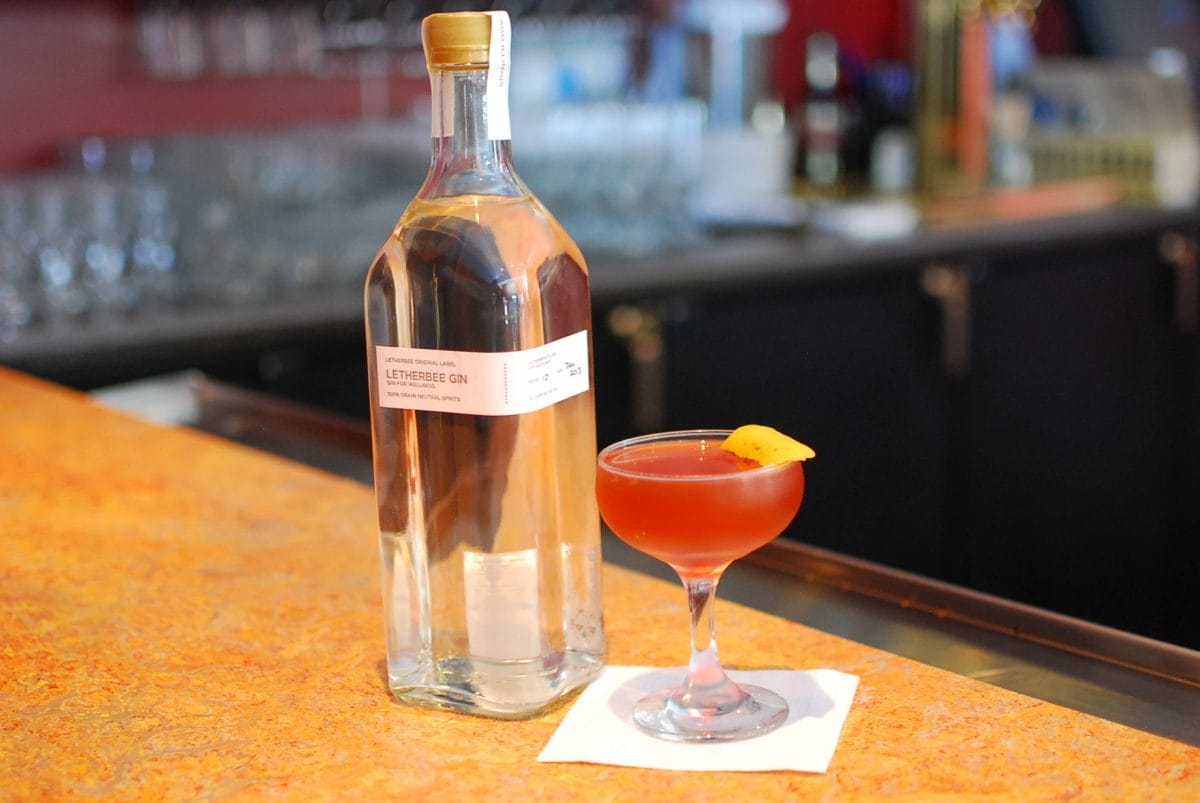
The last drink we did that I was having all sorts of trouble with was this Martinez riff. I wanted to do something with Benedictine, chocolate and mint, but I wanted to skip the Maraschino liqueur. I did a mint syrup for awhile, and then I tried to do some chocolate syrup with it. It didn’t work. I ended up settling on Scrappy’s Chocolate Bitters, taking some mint and just kind of slapping it a bit, throwing it in the glass, and using a tad of Benedictine, Leatherby gin and Carpano Antica and Angostura bitters, just stirring it and straining it out. It ended up working out really well. It’s called a Logan Square.
Is that a neighborhood in Chicago?
It’s a neighborhood in Chicago. It’s also a neighborhood in Boston. It served as a double purpose name.
What’s your general approach when naming cocktails?
I try to keep it lighthearted. Thinking about the history of the spirits, where they’re coming from, and try to pay homage to that. Georgetown Swizzle is a drink on the menu. The base spirit is El Dorado 12 year. It’s from Georgetown. That’s where they make it in Guyana. This is a swizzle. Let’s just call it the Georgetown Swizzle. That’s where it’s from. So super simple, but using the history of the spirits to inform.
Or if it’s a thing where it has an inside joke to me, that’s fun to do as well. The only one on the menu like that is the Maestro, which is funny because it’s basically a Manhattan riff. Brian and I were trying to come up with a name for it, and for some reason I kept thinking Averna’s a main part of this. Where’s Averna from? It’s from Sicily. We had this thing where he was like, “There are no rooms in Sicily.” I was like, “Where’s that from?” ‘It’s from “Seinfeld.”’ I was like, “No, no, no, it’s not from Sicily. It’s Tuscany.” We just thought “The Maestro” was the name of the episode. We had done all the research and were like, “You know what, The Maestro is cool. Why can’t we just keep that?”
That’s Salvatore Calabrese’s nickname too, I think.
Is it? There you go.
Which came first, your interest in cocktails, or your interest in spirits?
INTERVIEW CONTINUED ON THE NEXT PAGE

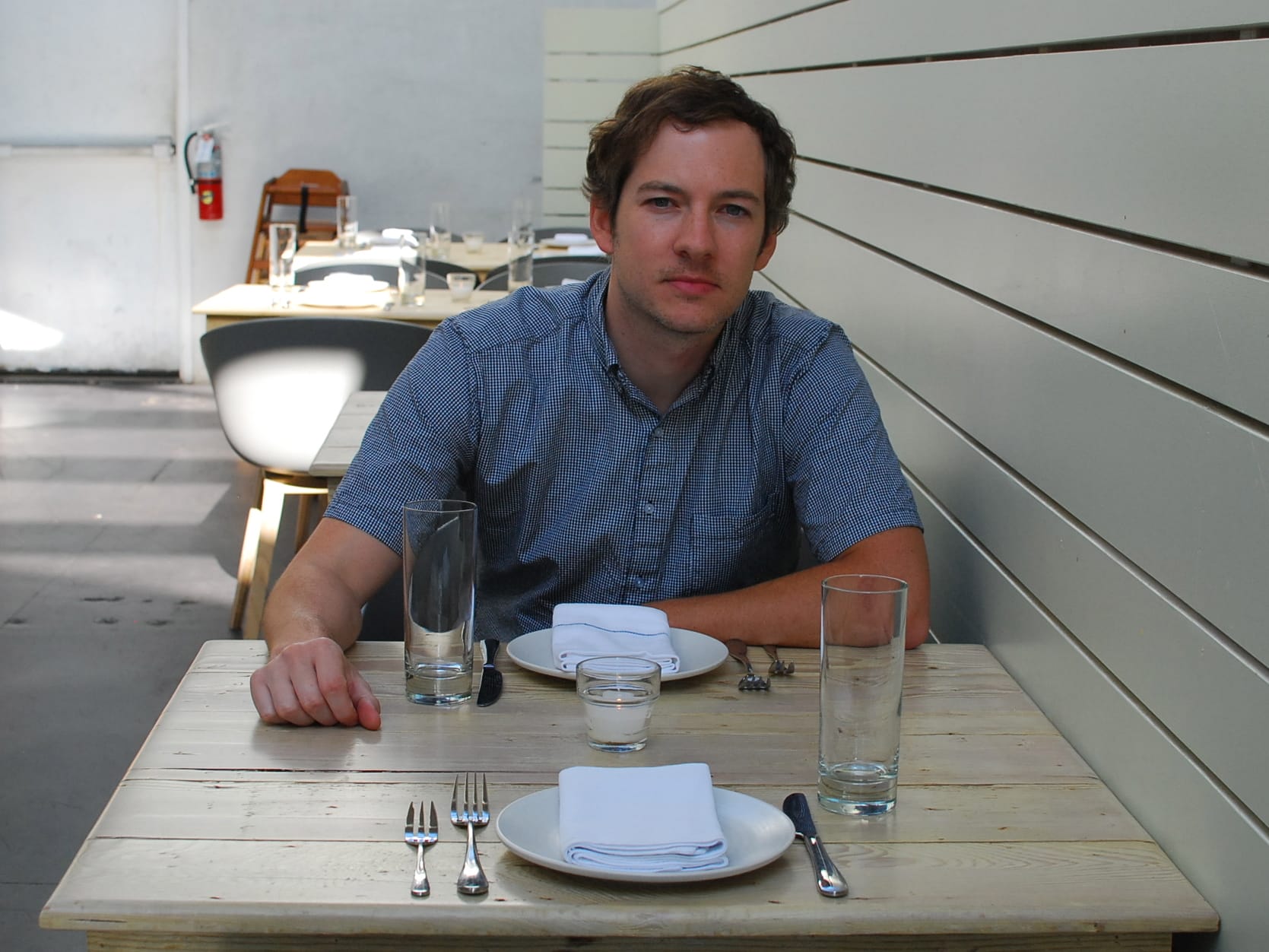
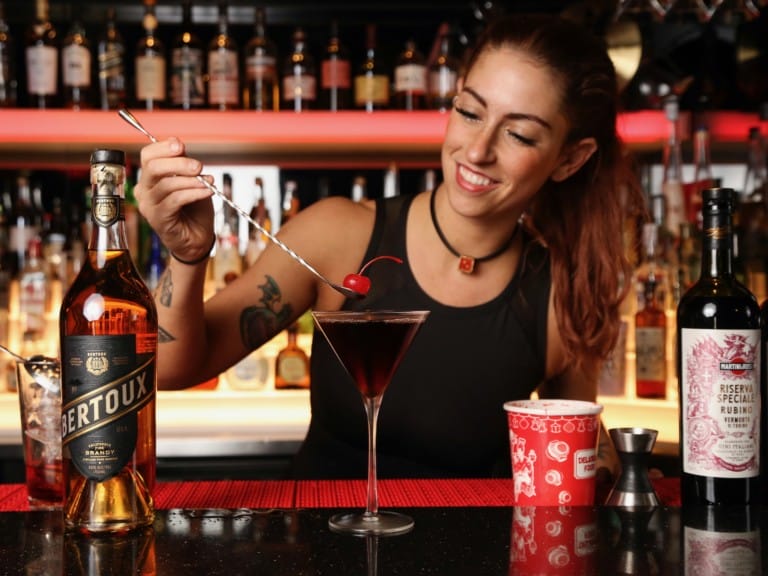
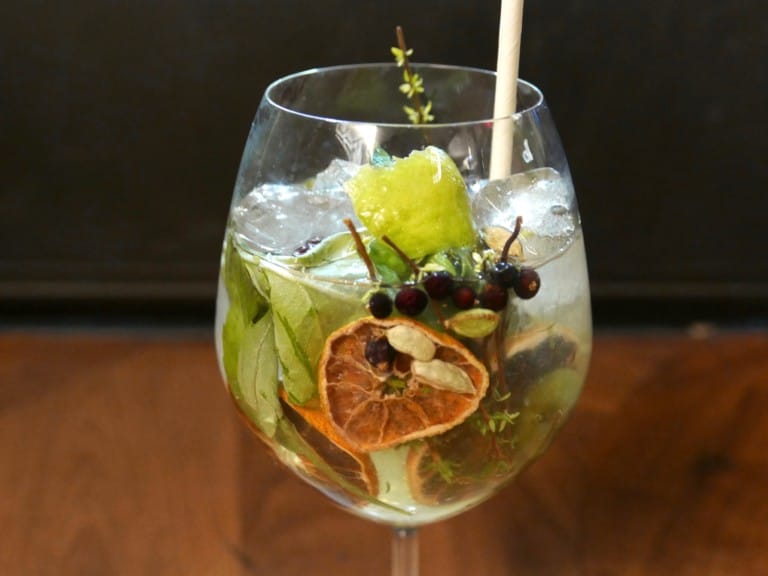
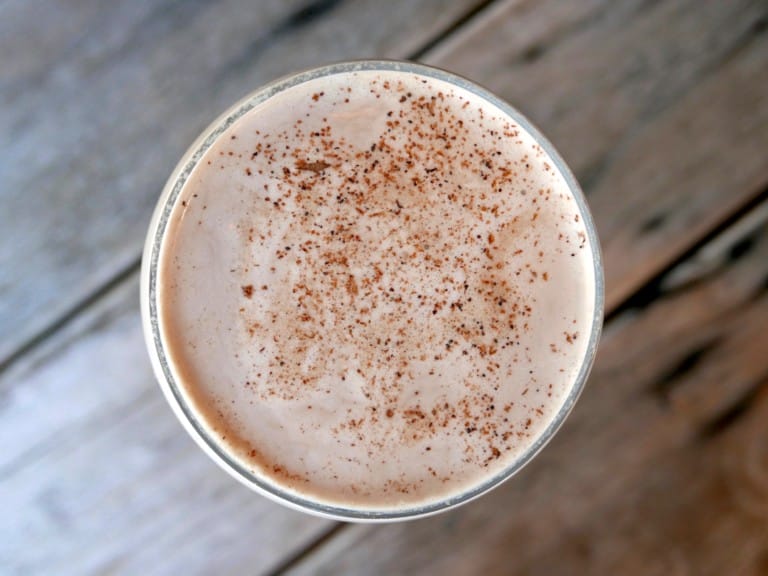




Leave a Comment